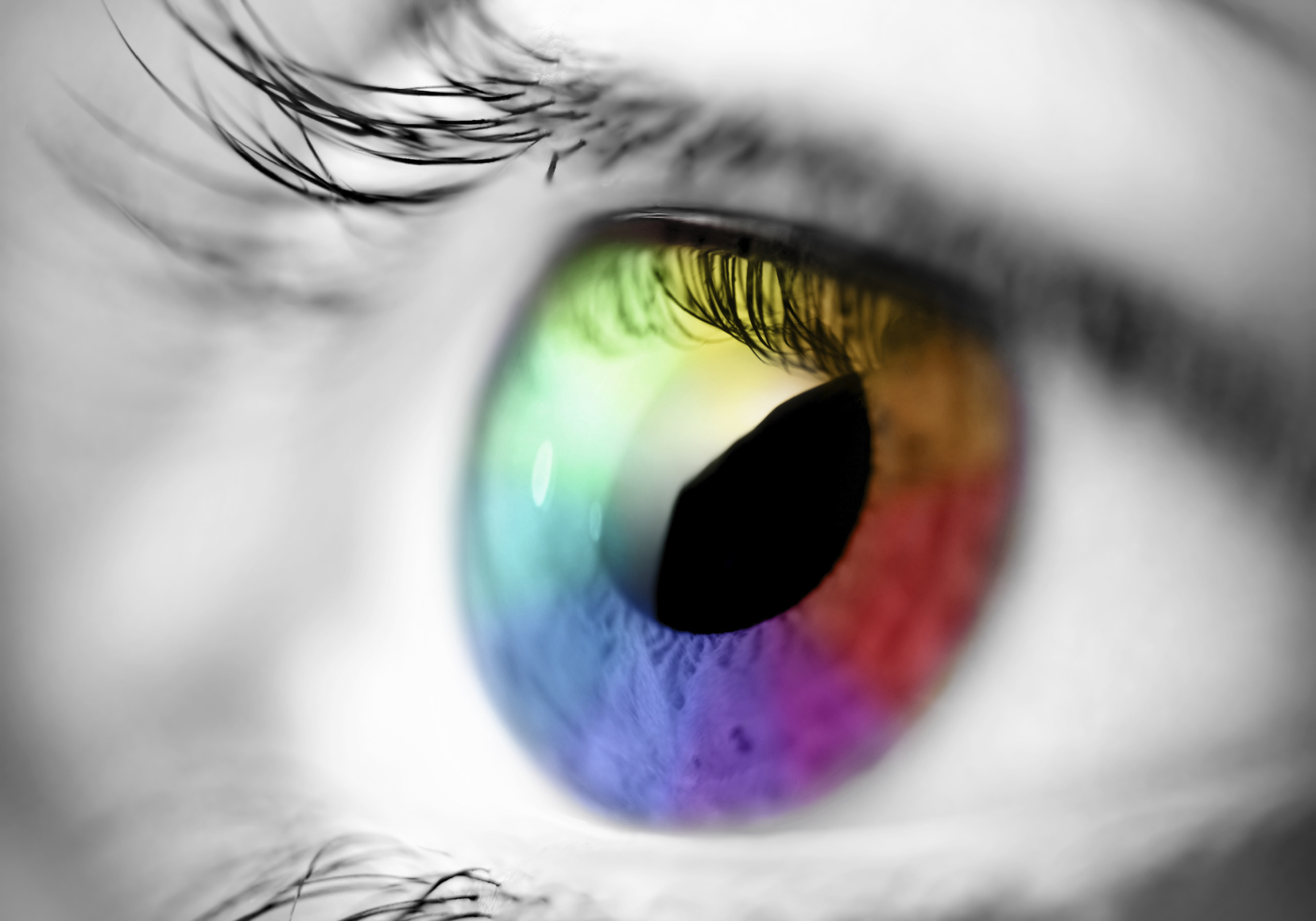A sculptor I’m corresponding with wrote and said, “There are no new ideas, just reassembled old ones to make something new.” It’s true that there are no new ideas, but it’s also true that there are no old insights. Insight is always new, however many times you may have a similar one.
 There is a great deal of psychological confusion between ideas, ideals and insights. Tipping my hand, let’s see if we can bring some insight into them.
There is a great deal of psychological confusion between ideas, ideals and insights. Tipping my hand, let’s see if we can bring some insight into them.
Ideas are necessary but not sufficient, as philosophers say. A person has an idea for a new product, like Steve Jobs and the I-phone. The idea may be brilliant, as it was in that case, or it maybe a non-starter, like the Apple wristwatch.
Either way, the idea is worthless unless and until design, engineering, production and marketing come into the picture. Then it sings and sells, as the I-phone has, or sinks and shrinks, as the Apple Watch has. With a great idea, timing is everything, with each aspect coming into play in sequence, until the original idea ‘changes the world,’ in the hyperbolic language of technology.
Idea, imagination and ideal (perfectionism) all flowed together in a seamless and functionally stupendous way. (Let’s not forget that Jobs was a genius at marketing too.)
Steve Jobs was famous for his perfectionism, which made him a pain in the ass to work with but resulted in useful and beautiful products that changed the external reality of the world, while doing nothing to change people themselves.
Insight is a different animal altogether. Certainly insight played a part in every step along the way in the creation of the I-phone. But viewing insight only in terms its service to technology is like viewing a great oak tree only in terms of the furniture it can provide.
Consider an insight such as this: Thought is time; and when the movement of thought/time is fully felt and watched proprioceptively, that is, in the body, it stops.
There is nothing to be produced from such an insight. It’s worthless, and yet, if true, it is invaluable in terms of the art of living.
Though such an insight may be expressed in words, it cannot be made into an idea, or it is meaningless. Its only validity is in the individual testing it outside the box of conceptions and words.
The problem is that we are so conditioned to think in terms of ideas and ideals, and going from ideas and ideals to actions and products, that we are completely at sea when confronted with spiritual insight, which operates in a completely different way.
There is no separation between insight and action when insight is not converted into knowledge. The insight is the action, and the action is the insight.
That’s not some kind of Zen koan, but a testable fact. For example, say you have an image (idea) of someone as a friend, and then your mother dies. The person you thought was your friend is indifferent to your pain. Your image of him is shattered by the revelation of the friend’s character. You have, at such a moment, a transformative insight.
Your entire relationship to that person is altered instantaneously. You don’t have to convert your insight into knowledge; it is imprinted on you emotionally. You may forgive him, and he may come to see into himself (the literal meaning of insight), but idea plays no part, and knowledge just gets in the way.
The insight into the erstwhile friend is new, as all insights are new. Letting it be, and not forming ideas and grudges around it, the insight acts. The ego and the ‘I’ can only interfere.
So the ‘I,’ venerated as the most important reality in Western if not world culture, is actually a paltry, second-hand thing, a judger, censor and grudge-holder. My purported friend let me down at the hour of my greatest need; he is not a friend in actuality. Full stop.
So if ideas are always old, and insights are always new, what is insight?
Insight is the moment of direct perception without any mediation of knowledge, memory and experience—in other words, the past.
Insights are like camera flashes; we may translate them into ideas and knowledge, or just wordlessly appreciate them and let them go. Sometimes it’s fitting to translate them; more often it’s fitting to do nothing with them, so they can live and grow within us.
Most people don’t know there is that option, which, remarkably enough, is not a matter of choice, but…you guessed it, insight.
There is a quality of being in which insights yield to a state of insight. Egg-headed philosophers may call that ‘the vast unfolding of nothingness that precedes coming into existence,’ but that’s nonsense.
It’s actually a communion with the essence of nature and the numinous, which is in a continual state of dying and rebirth.
Therefore when the human being is in a state of insight, in which thought/time has completely ceased operating, s/he is in harmony with the cosmos, and is continuously being reborn.
Martin LeFevre

